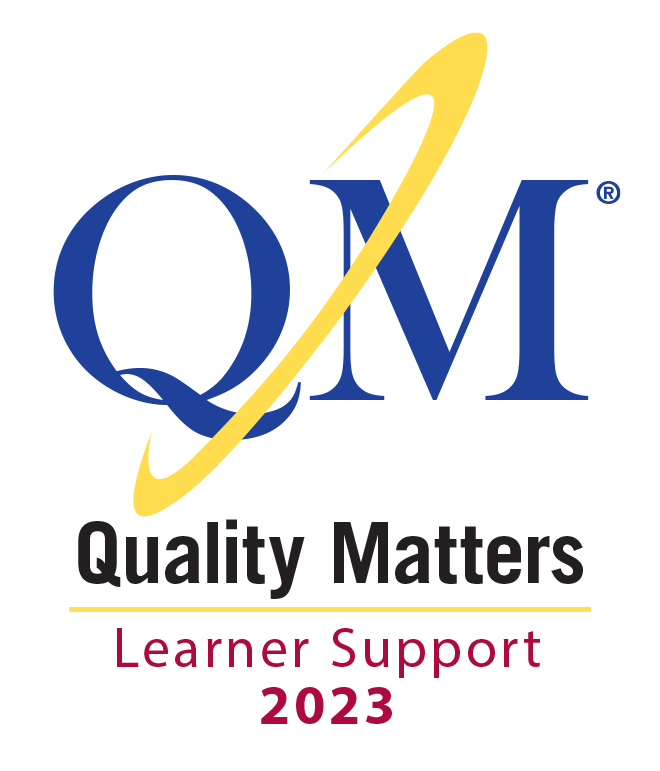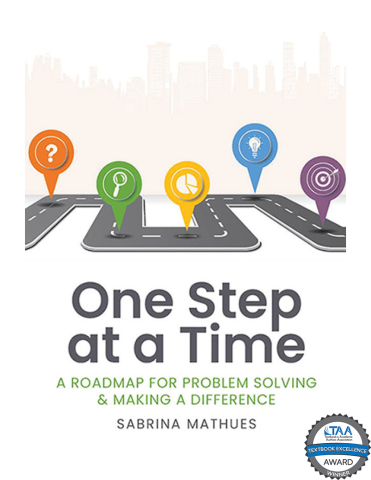Questions? Request Information
Protect Your Community and Nation
Prepare yourself to confront the challenges facing the U.S. with your Bachelor of Arts in Homeland Security and Emergency Management from UAGC. Our homeland security online degree program will provide vast knowledge in emergency planning and response protocols and techniques, while also addressing the cultural and political causes of terrorism, so you can develop homeland security management solutions that protect your community and nation.
In this program, you will be exposed to relevant topics such as counterterrorism, emergency planning for natural disasters, response to terrorism, and research and analysis. The U.S. Department of Homeland Security prepares for, prevents, and responds to domestic emergencies, including attacks and natural disasters. This degree program educates security professionals in both areas.
Upon completion of your bachelor’s degree in emergency management, you will be able to:
- Demonstrate a comprehension of relevant bodies of law, the intelligence community, and international, political, social, and cultural environments
- Develop critical thinking skills for effective problem-solving relative to crisis management issues, principles, and procedures
- Understand the importance of the historic, cultural, and diversity aspects of selected populations
- Demonstrate the ability to write a substantive report or analysis using strong research skills and technical writing proficiency
- Evaluate data and analyze the validity of the information
- Create a report that demonstrates the ability to retrieve information from relevant websites including the pertinent governmental websites and repositories of information
- Evaluate the ethical implications of Homeland Security measures
UAGC Award-Winning Curriculum
Military Students $250.00/credit
Undergraduate Courses $460.00/credit
Technology Fee** $115.00/course
Books and Other Class Materials** $125.00/average per course
Graduation Fee $150.00
Total Program Cost See UAGC Catalog¹
¹Keep in mind that this figure doesn’t factor in any potential discounts, partner benefits, or impact of accepted transfer credits, if eligible.

UAGC offers enrolled students access to ScholarshipUniverse, a platform that tailors external scholarship opportunities to your unique situation, making it easier to find and apply for scholarships.
UAGC is proud to provide reduced tuition rates for our academic and corporate partners, helping community college transfer students and corporate employees earn their degrees at a lower cost.
Careers Related to Bachelor of Arts in Homeland Security and Emergency Management


U.S. Department of Labor data regarding salary ranges and job growth projections are national in nature and do not guarantee employment, any specific salary, or job growth. Also, national long-term projections may not reflect local and/or short-term economic or job conditions. Top Skills are provided via Lightcast job postings data and may not align with UAGC program learning outcomes. UAGC programs are not designed to meet the state educational requirements for a specific professional license or certification in any state. UAGC does not guarantee employment placement, any specific salary from employment, or career advancement.


Course Overview
To earn your Bachelor of Arts in Homeland Security and Emergency Management at the University of Arizona Global Campus, you must complete 120 credits. You will need to complete 30 upper-division credits, of which 18 credits must be from the major program. A total of 30 credits must be completed at the University of Arizona Global Campus to meet the residency requirement. You may be able to transfer approved credits from community colleges, other previous college coursework, or other life experiences such as military service or job training toward your degree.
* In this program, 3 credits from the major may also satisfy General Education requirements.
This program is not designed to meet the state educational requirements for a specific professional license or certification in any state. Students seeking licensure or certification in a particular profession shall carefully research the requirements prior to enrollment and regularly review the requirements as they are subject to change. Requirements vary by state. The University of Arizona Global Campus does not guarantee that any professional organization will accept a graduate’s application to sit for any exam for the purpose of professional certification. Further, a criminal record may prevent an applicant from obtaining licensure, certification, or employment in their field of study.
This program is not designed to qualify a student for employment with a federal, state or local law enforcement agency. State and local police agencies may require training and certification specified by the individual state’s law enforcement board and may be provided post-hire at a police academy. Other federal, state, and local agencies as well as private entities may have individualized requirements. Students shall contact individual agencies and states’ law enforcement boards for additional information relating to these requirements.
Certain degree programs may not be available in all states.
The Online Teaching Support Certification recognizes programs that require all online faculty to undergo training in best practices for online course delivery, provide faculty with ongoing pedagogical support, encourage faculty professional development to increase their knowledge and skill in online teaching, emphasize instructor availability and feedback to learners, and collect and use feedback from learners to improve online teaching. Learn More

The Online Learner Support Certification recognizes programs that provide all the critical student and academic services needed for learner success and use learner feedback to continuously improve those services.

What Can I Do with a Degree in Homeland Security and Emergency Management?
Just a few of the many professional careers that often begin with a Bachelor of Arts in Homeland Security and Emergency Management degree include:
- Emergency Preparedness Coordinator
- Police Officer
- Deputy Sheriff
- Security Managers
- Security Management Specialist
- Customs and Border Protection Officers
- First-Line Supervisors of Police and Detectives
- First-Line Supervisors of Correctional Officers
- Detective and Criminal Investigators
- Intelligence Analysts
Government institutions and businesses are focused like never before on security and preparedness. Through this program, you will learn necessary and marketable skills to obtain positions at the federal, state, and local levels.
Gain insights into the homeland security and emergency management job market by reviewing the Bureau of Labor Statistics market outlook report.
UAGC helped me become more competitive by obtaining a degree from a reputable university as I begin my new career in the civilian sector.
BA in Homeland Security and Emergency Management FAQs
-
Homeland security and emergency management is an interdisciplinary field that focuses on protecting lives, property, and critical infrastructure from threats and hazards. It involves planning, preparing, responding to, and recovering from emergencies, disasters, and terrorist attacks.
-
Yes, a degree in homeland security and emergency management is an excellent choice for individuals who want to make a difference in their community and contribute to public safety.
-
Your BA in Homeland Security and Emergency Management courses will cover topics that include counterterrorism, international relations, cybercrime, emergency planning, research and analysis, and the methods by which the U.S. government prepares for, prevents, and responds to domestic emergencies.
-
The online BA in Homeland Security and Emergency Management program at UAGC is designed to fit your busy schedule. Each class is five weeks long, and you only take one class at a time, so you can focus on one subject and get an in-depth understanding of each topic you’re learning. The classes are fast paced, but you will have 24/7 support and resources available to you.
-
Earning your degree in homeland security online gives you the ability to continue with your current responsibilities while attending college at the same time. Whether you are currently working in the criminal justice field, or are new to this line of work, pursuing your homeland security degree online will help you take the next step in your professional and educational journey.
See What Else UAGC Has to Offer
Questions? Request More Information
To access this rate using the Liberty Grant, only eligible undergraduate active duty service members, members of the National Guard, Reservists, spouses of active duty, members of the National Guard and Reservists, Department of Defense employees using Tuition Assistance (TA), and civilian employees of the United States Coast Guard (only if utilizing Military Tuition Assistance) will qualify.
**
The Technology Fee covers access to University systems such as the online classroom, the Student Portal, and other academic resources. The Technology Fee and the Course Digital Materials (CDM) Fee are fully refundable if a student does not attend beyond Day 3 of a course (Week 3 if covered under the University of Arizona Global Campus Promise Refund Schedule). After this time, the fee becomes non-refundable. Students are charged the Technology Fee for repeated coursework. Students are not charged the CDM fee for repeated coursework if previously charged.
†
The transferability of credits is subject to the University of Arizona Global Campus transfer credit policies and requires the submission of official transcripts. The official transcripts will be evaluated by the Registrar’s Office to determine the credits that will officially apply toward a UAGC degree program. Credits must be earned at the same degree level in order to be applied. Additional restrictions may apply. See the UAGC Academic Catalog for full undergraduate and graduate transfer policies.





